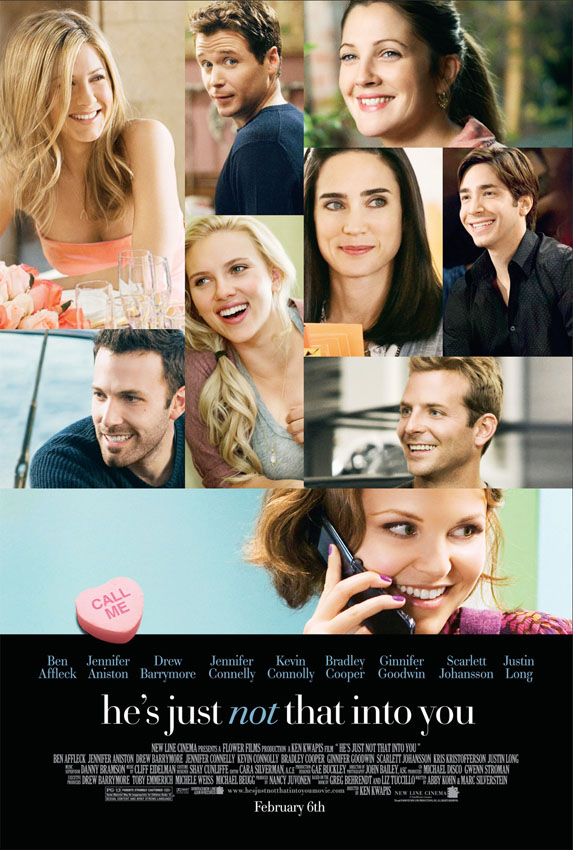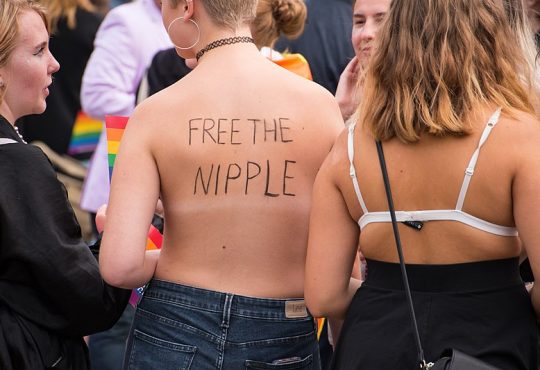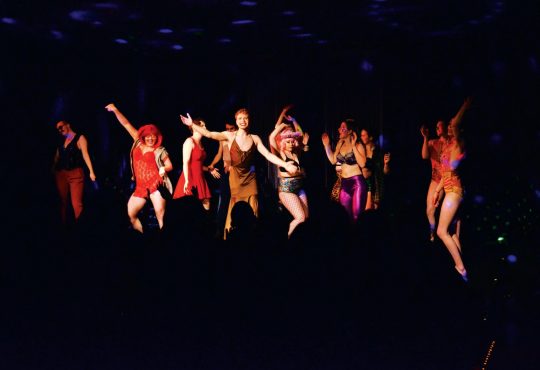
In today’s popular media, consumers are offered a wide variety of choices when it comes to movies to watch. On any given day, a person can choose from an array of films ranging from dramatic to thoughtful, heartwarming to mindlessly silly. As different as these movies might be when it comes to plot, many follow one disheartening trend: women characterized as weak and needy.
Although this can be seen in many genres of film, it is most culpable (and popular) in the romantic comedy. Women in romantic comedies often find themselves in dysfunctional relationships and not caring that the men they are with are emotionally absent or emotionally abusive. They stay in said relationships because the idea of having an awful man is better than the idea of being alone.
Perhaps pop culture places such high importance on romantic relationships because on a fundamental level people just want to be loved and can therefore relate to the characters’ desire to be with someone. The idea that being alone (if only temporarily) means women have failed somehow is both ridiculous and degrading since it implies that without men women are less than whole.
Eventually, the female leads of romantic comedies are saved from total and complete loneliness by a guy who is both sensitive and often more attractive than that guy they were with in the beginning, and they live happily ever after.
One popular example of this disturbing phenomenon is the 2009 film adaptation of the self-help book He’s Just Not That Into You.
This particular film showcases whiny, needy, marriage-obsessed women in a variety of different relationship situations, from the girl who is unable to find love, to the mistress to the woman whose long time boyfriend refuses to commit. The common thread is that they spend most (if not all) of their time thinking about their relationships to men.
On the off chance that a romantic comedy has a female character who might seem strong, that character is portrayed as a type-A control freak and utterly unlovable — usually to an extreme extent. And of course she has some stereotypically “female” job like a magazine writer or a fashion stylist.
Sad is what these kinds of movies are saying about our society: what is important in a woman is that she fit every stereotype in the book.
For much of America’s history, women have fought for equal rights and respectful treatment. And while many people like to think we have achieved those goals, this type of movie just reinforces the degrading ideas that go against what so many women have fought.
Furthermore, it is important to think about what the media’s depiction of females teaches young women: that in order to be loved, they need to be sugar and spice and everything nice; that in order to be happy, they need a big strong man to accept and protect them from all the world’s evils.
It also shows them that marriage and babies are the most important goal to strive for, and if they strive for anything else they become cold and unlikable.
It is possible to make movies that are just as good, probably better, with female characters that are strong and inspiring. Though not many recent example spring to mind, there is the obvious Elizabeth Bennett of Pride and Prejudice, and Scout Finch of To Kill a Mockingbird. The female leads in these novels and their film adaptations defy conventional gender roles and still manage to be entertaining.
Portraying a forward-thinking, independent woman in a movie will not be a hit to sales. Women, as well as men, undoubtedly appreciate the nuance with which a studio handles women who are more than a stereotype.
Furthermore, it would do well for studios to portray men as complex too. Instead of merely being masculine, funny and dim-witted, men too should be seen as multifaceted.
The movie industry has profound influence over how we think of and see the world. This power should be used to create social change or to revolutionize society’s collective thinking instead of perpetuating age-old, flawed ideas about gender roles.
It is important to empower young women, otherwise society is sure to regress back into a misogynistic way of thinking, effectively undoing any progress women have made in the last fifty years. Especially in our postmodern moment of free expression, there is no excuse for silencing the voices of women or misrepresented groups.





